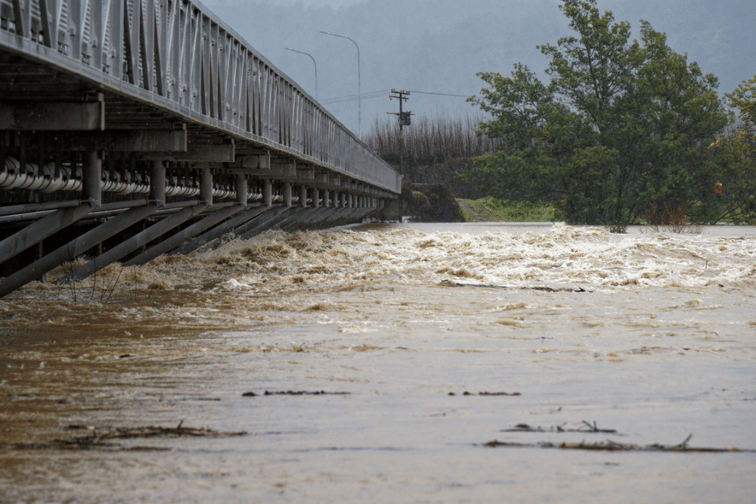

Total weather-related insurance claims for 2021 have already hit a record high at $304.9 million as of Dec. 22, according to the Insurance Council of New Zealand (ICNZ). This beats the previous record of $274 million, set in 2020.
Major weather-related claims events in 2021 included the Canterbury flooding ($46 million) in late May; the South Auckland tornado ($32 million) in June; flooding across the upper South Island and lower North Island, including Westport and Wellington (collectively $140 million) in July; flooding in Auckland ($62 million) in August; and the South Island windstorm ($20 million) in September.
A total of 16,233 weather-related claims have been made in 2021 so far. Home and contents made up the bulk of claims at 10,862. It also made up almost two-thirds of claims value at $197 million.
Factoring in uninsured losses, ICNZ estimated that total climate related combined losses for 2020 and 2021 will exceed $1 billion.
“This year’s new record underlines the importance of insurance to Aotearoa New Zealand,” said Tim Grafton, ICNZ chief executive. “While taking out insurance helps consumers both price and manage their own risks, doing so does nothing to actually reduce the risk of being impacted by an extreme weather event. To do that, Aotearoa New Zealand must invest in making itself more resilient.”
According to ICNZ, risks must be reduced by investing in adaptation measures such as flood defences. This includes honest conversations about managed retreat and increased scrutiny of where homes, businesses and community assets, are to be built and maintained.
Society must look at climate risks in the long term, ICNZ said. The central and local governments must ensure that there is a proper legal framework and sufficient investment to manage these risks over the decades ahead. According to the industry body, this will be a multi-decade, multi-billion-dollar process.
“The reduction of risks through investment in resilience is central to maintaining both the affordability and availability of insurance,” Grafton said. “In that way, we can ensure that when the worst happens, insurers are there to help put householders, businesses and communities back on their feet.”
